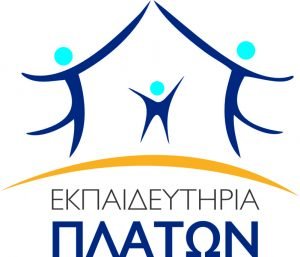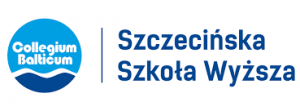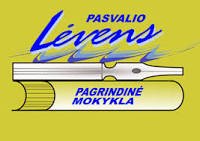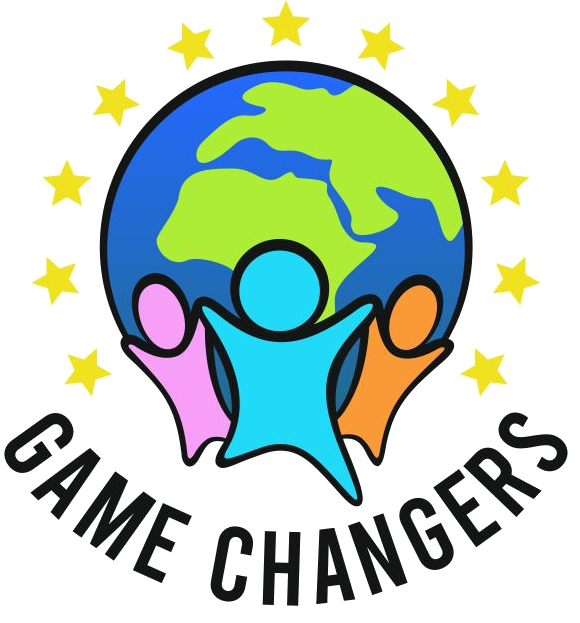 Leader of the Consorcium: Lithuania College of Democracy
Leader of the Consorcium: Lithuania College of Democracy
The Lithuanian College of Democracy, formed in 1997, is a non-governmental scientific organization that seeks to promote democracy and social innovation in society. The College arranges seminars, creates initiatives to promote democracy, civic education, and development, implements public education programs, hosts public debates, and produces research papers and publications.
The objective of the Lithuanian College of Democracy is to initiate good social changes by conducting basic and applied research and executing relevant projects and programs in the fields of social development, education, and children’s well-being.
Website: www.lduk.lt
Game Changer Network established by:

PLATON M.E.P.E (Greece)
Since 1997, the Platon School of Katerini has been active in the field of education. In 2013, the organization relocated to privately-owned modern and bioclimatic facilities of 4.000 s.m. on a 14.000 s.m. plot in the Ganochora area, north of the Municipality of Katerini in the prefecture of Pieria and approximately 3 km from the city center.
Platon School has a variety of departments, including nursery-kindergarten, primary, secondary, Lifelong Learning Center, European Projects, Restaurant-Canteen, and Transportation.
The school is taken part in numerous national educational and environmental projects, European educational and training projects. At the same time, it collaborates closely with Aristotle University, Macedonian University, and the Technical University of Central Macedonia through European programs (Schools, Universities, Research Institutes, Training organizations).
Website: www.platon.edu.gr
 Szczecinska Szkola Wyzsza Collegium Balticum (Poland)
Szczecinska Szkola Wyzsza Collegium Balticum (Poland)
Szczecinska Szkola Wyzsza Collegium Balticum, founded in 2000, is consistently ranked as one of the best private universities in northern Poland. School officials have succeeded in creating an institution that provides its students with a solid education and, as a result, a good start in their professional lives. The current educational offer includes the faculties of educational science, foreign language studies, and national security at the BA, MA, and post-graduate levels. A significant part of research work is the dissemination of the institution’s output and the exchange of experiences through conferences and seminars.
The mission of the institution is to provide excellence in education while also ensuring the attractiveness and marketability of proposed programs. The educational offer is constantly adjusted to meet market demands. In terms of additional thematic courses and workshops for the local community, Collegium Balticum plays an important role in the local educational market. Educational science and intercultural education are important components of the school curriculum.
Website: www.cb.szczecin.pl
 Pasvalio Levens pagrindine mokykla (Lithuania)
Pasvalio Levens pagrindine mokykla (Lithuania)
Levens basic school is situated in a quiet beautiful area by the river Levuo. It serves the educational needs of Pasvalys and the district. It is a basic ten-year public school enrolling 336 students in grades 1-10. 64 teachers are working full time. Levens basic school is committed to ensuring that all students graduate with the knowledge and skills required to succeed as contributing citizens in the 21st century.
Website: www.levuopasvalys.lt
 Osnovna sola Staneta Zagarja Lipnica (Slovenia)
Osnovna sola Staneta Zagarja Lipnica (Slovenia)
Stane Žagar Lipnica Primary School was founded in 1957 by the Municipality of Radovljica. A branch of it is located at Ovsiše. Primary schools in Slovenia are attended by students ranging in age from six to fifteen years old, depending on the school. Students ranging in age from six to ten years old attend the branch school daily.
There were 262 students in total in the school year 2020/21, divided into four classes at Ovsie and twelve classes at Lipnica. Both in Lipnica and Ovsie, students benefit from excellent learning environments. Classes are small, classrooms are well-equipped, and teachers use innovative teaching methods that focus on each student’s needs. The school is well-known for its outstanding academic, athletic, and artistic achievements.
Website: www.os-lipnica.si
 Institut de Vilafant (Spain)
Institut de Vilafant (Spain)
Ins Vilafant is a small high school in the Spanish region of Alt Empordà. There are approximately 400 students and more than 40 teachers. The goal is to provide students with a high-quality education that will prepare them to face the challenges of today’s society. Because classes in school are not overly large, teachers can attend to students more individually. The school also provides significant materials to implement the curriculum to meet the needs of students with special educational needs. Students learn Catalan, Spanish, French, and English at Ins Vilafant, which is very concerned about language learning. As a result, school is preparing students for today’s multilingual, multicultural society. All high-school projects promote entrepreneurship, which will be beneficial for future social and technological innovations. Furthermore, through all of the other subjects, the school provides students with opportunities to develop values such as respect, empathy, and friendship. The goal of Ins Vilafant is to foster a positive school community in collaboration with parents, where students’ dimensions, as well as their skills and abilities, can be developed.
Website: www.insvilafant.cat
 Working with Europe/Treballant amb Europa Associació (Spain)
Working with Europe/Treballant amb Europa Associació (Spain)
Working with Europe is a non-profit association established by a group of professionals from different countries. The mission is to help partner organizations create innovative ideas, develop very qualified and competitive applications, and to help manage the project, and support the quality of the work processes and outcomes.
WwEU works in collaborative projects addressing very different forms of innovation, but the core capacity and expertise of the association and its professionals is to design and implement quality programs in projects.
Alongside the collaborative European activities, the association delivers capacity-building training to organizations that wish to be able to act independently on the European scene—creating applications, implementing projects, and participating actively in European innovation.
Website: www.workingwitheurope.com
 ELAZIG DOGA ANADOLU LISESI (Elazig Egitimcilik Tic.ve San. (Turkey)
ELAZIG DOGA ANADOLU LISESI (Elazig Egitimcilik Tic.ve San. (Turkey)
Doğa Schools is a chain of private schools, with 104 campuses all over Turkey. The teaching staff and the management of the institution are actively engaged in development and implementation of innovative teaching concepts. Among these concepts two of them are the most important for students’ development and they complement each other: Natural Learning Concept (NLC) and MBA for teenagers (t-MBA). NLC and t-MBA complement each other in a way that students are first equipped with the qualities of critical thinking, self-confidence, self-reliance, and then acquire entrepreneurial skills such as creative thinking, goal setting, team-building and willingness to learn. This interwoven architecture provides students with an understanding of their society’s needs.
Webmail: www.dogakoleji.k12.tr
 Activities 2019-2021 financed by: ERASMUS +
Activities 2019-2021 financed by: ERASMUS +
